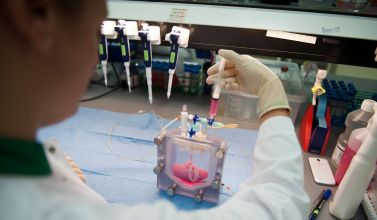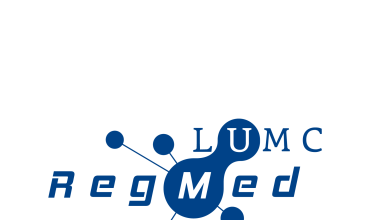Why regenerative medicine and what is it?
In a society where more and more people are getting older, long-term diseases put a lot of pressure on both society and patients. As people age, the health of their tissues and organs declines. For some, this happens faster due to diseases like heart disease, kidney problems, or diabetes. Regenerative medicine offers hope that patients can truly get better.
Researchers work with special cells called stem cells. These cells can develop into different types of cells, such as heart muscle cells or skin cells. This allows us to grow new cells or even small organs in the laboratory. With this, we can better understand diseases and develop new treatments.
These new treatments and techniques help people age as healthily as possible and can also reduce healthcare costs.
Regenerative medicine is changing our healthcare system and society
If regenerative medicine is widely used in hospitals, our healthcare system will change. Patients will no longer need to visit the hospital their entire lives, but instead, they can come for a single treatment. They will be treated using their own cells, gene therapy, or by repairing their tissues, and then they will be completely cured.
We need to create new rules for this because many current laws and regulations do not yet fit these new treatments. There are also questions about the costs of these treatments and who is eligible to receive them. Additionally, some people might wonder whether these treatments are ethically acceptable. That's why it is important to involve health insurers, patients, and society in these changes.
If we manage this well, regenerative medicine can lead to economic growth and a healthier society. The students we educate will be very important for the future. This program is proud of the new generation of researchers, doctors, and entrepreneurs we are training and is helping to develop the ecosystem needed to make all these innovations possible.
Regenerative medicine gaining momentum
In recent years, research into regenerative medicine has accelerated. It is now one of the most important research areas in Leiden and a key part of the LUMC's plans: Strategy 2024-2028 'Driven by Health'. This aligns well with the choices made at the national level. The Dutch Science Agenda identifies regenerative medicine as one of the 25 important areas where science and society intersect. The National Technology Strategy also highlights several technologies that are crucial for regenerative medicine.
Thanks to these choices and significant financial support from both local and national governments, the Netherlands, and especially Leiden, has become one of the most important hubs for regenerative medicine.


